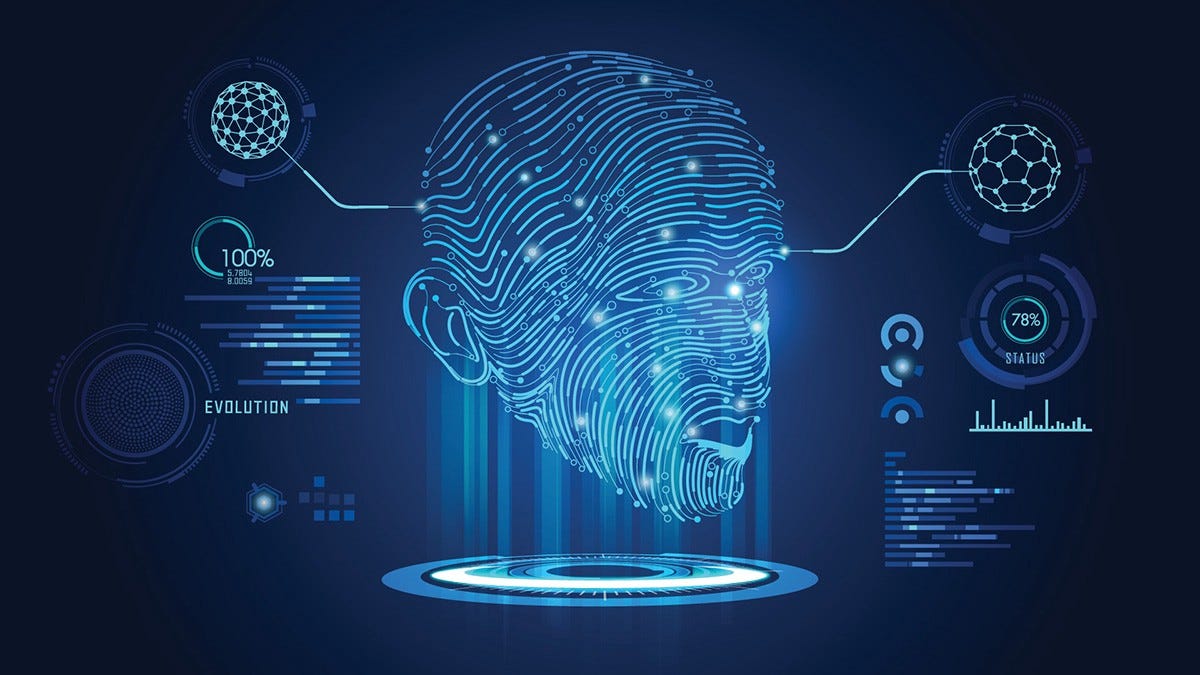On the 5th of December 2018, the stake of arbitration amidst the technological evolution was in the spotlight; Sciences Po Law School hosted the first conference of the Arbitration X Technologysaga, organized by the Sciences Po Arbitration Society (SPAS), under the framework of the LL.M in Transnational Arbitration and Dispute Settlement (T.A.D.S). The former is an autonomous association that aims to bring together Sciences Po alumni, future graduates, lawyers and academics interested in the law and practice of arbitration.
This first part of an upcoming Arbitration X Technology series of events, was, indeed, a true “Call for Awakening”. Highly regarded practitioners and scholars, addressed the most pressing questions on the topic, in order to set the baseline of the interaction between technology and arbitration: What is the stake of AI in dispute resolution?; what does the GDPR means for arbitration?; could cybersecurity and request for confidentiality coexist?; and would smart contract disputes even need arbitration? The moderator, Peter Rosher, finely guided the panel in the discussion of those topics, triggering more questions and setting the stage for further debate.
The conference was opened by Sophie Nappert, on the topic of artificial intelligence (AI) and arbitration. She highlighted that “technology is not a new partner of arbitration”, but now is more present than ever. She proceeded with real examples of algorithms that are currently being used for enhancing the arbitral proceedings in different aspects and she identified those areas where artificial intelligence might be key (such as pinpointing at red flags to establish corruption). She concluded that this “algocracy” is ready to change the very scope of justice.
Taking it from there, Hafez R. Virjee presented some takeaways on the interaction between artificial intelligence and arbitration. He reassured that algorithms will not take over the legal profession, by observing that only low-level legal skills can be automated, such as issue-spotting. However, this evolution might challenge the education of junior lawyers, whom are traditionally charged with such tasks. Finally, he observed that algorithms might prove a very useful tool for enhancing diversity in arbitrator appointments, by creating automated and easily accessible short lists of arbitrators, a fact that will render the procedure of appointment more “open”. The conversation over artificial intelligence was concluded by the remarks of Philippe Bordachar on predictive justice in investment arbitration, i.e. the method of calculating the probabilities of the success of the case, by rationalising previous decision-making.
The discussion later shifted to the impact of the General Data Protection Regulation (GDPR)in arbitration, with Philippe Pinsolle and José Ricardo Feris taking the floor. First, Philippe Pinsolle explained that the GDPR, due to its broad definition of “personal data”, it applies to virtually all arbitrations where those involved are established in the European Union. The collateral problem created is the individual liability for compliance for the parties, their counsel, the arbitral tribunal, the institutions etc., the breach of which entails very serious sanctions. However, this burden, was considered, at least, “unpractical” for actors that engage in activities in the international arena, where processing of personal data is in effect, found, in every routine activity, from exchanging e-mails, to crossing the borders with personal data stored in a computer. José Feris highlighted that there is no practical solution to address this difficulty created. An answer, might lie with the application by analogy of the GDPR state court exception from its scope, to international arbitration. The panel informed that this action has been taken so far only by the Irish legislator. Philippe Pinsolle proposed as a “mitigating measure”, the creation of a Data Protection Protocol at the beginning of the arbitration (for example, at the drafting of the Terms of Reference) which aims to address GDPR compliance, including its potential impact on data transfer, disclosure and possible indemnities.
Closely linked to the subject of GDPR, is the demand of cybersecurity. Clément Fouchard commenced by confirming that cyberattacks constitute a real issue for international arbitration. The latter, is, indeed, under attack, mainly because the users are already prominent targets. Meanwhile, due to the fact that large arbitration databases include information that is not necessarily publicly available, and that actors in international arbitration usually travel a lot and thus can be more easily hacked, renders arbitration a tempting target. For these reasons, cybersecurity, is inextricably linked to the legitimacy and reliability of the dispute resolution system and, as such, it should thus be part of every practice, even accompanied by sanctions. Former ICC Deputy Secretary General, José Feris provided the institutional perspective, where the topic is even more relevant. The confidentiality obligation of arbitral institutions, that has now -due to GDPR- been upgraded from a contractual, to a legal obligation, creates an imperative need for institutions to take several measures for protecting sensitive data. Among them, would be the idea to create electronic platforms (such as the ICC will soon launch) which would allow users to exchange information securely.
The last topic of the roundtable discussion was smart contract arbitration. Commencing with the definition of blockchain technology, Gauthier Vannieuwenhuyse shifted to the function of smart contracts (or, else, self-executed contracts) and potential disputes that the latter may generate. Main examples provided were the discrepancies between the contract and its coded version, the inability to code specific concepts and the lack of a legal basis for their operation. “In a galaxy not too far away”, he considered the use of robots in smart contract arbitration; accordingly, two possibilities where identified. First, what Gauthier Vannieuwenhuyse characterized as “off-chain arbitration”, where the proceedings will remain as such, but the decision will be registered in a blockchain and will be self-executed; and, “on-chain arbitration”, where, robots (primarily in the form of algorithm), will enhance the arbitral process. Lastly, constitutional considerations and enforcement problems were addressed.
The conference was concluded with Gauthier Vannieuwenhuyse‘s reassurance that “arbitration by humans is not over yet”; artificial intelligence, is here not to replace us, but, rather to provide us with better sources to be used in arbitration. The exact ways of achieving this, together with fruitful takeaways of this first conference, are to be explored in the next series of “Arbitration X Technology” events.
Conference organized by the Sciences Po Arbitration Society (SPAS): Alexandre Senegacnik, Bruno Rodrigues, Dimitrios Andriopoulos, Lito Dokopoulou, Tiphaine Leverrier and Akhil Chowdary Unnam.
Credits: http://arbitrationblog.kluwerarbitration.com/2019/01/14/arbitration-x-technology-a-call-for-awakening/





















.jpg)




.jpg)


.jpg)



































.png)





.png)

